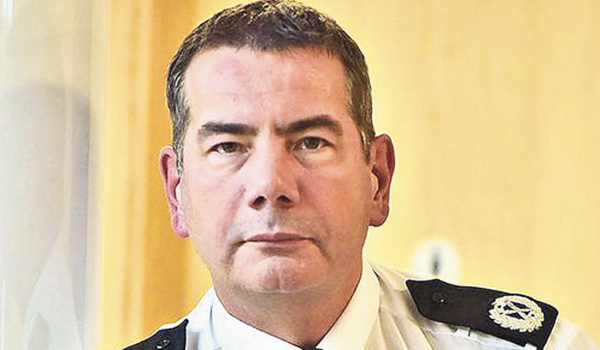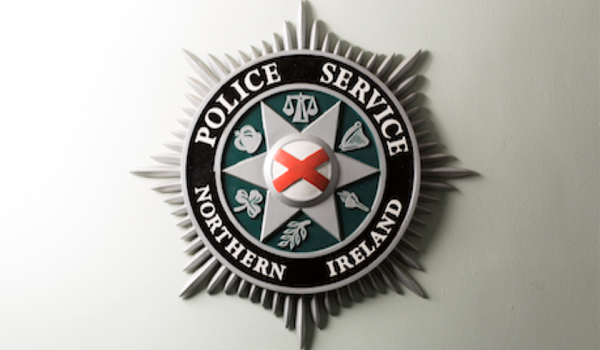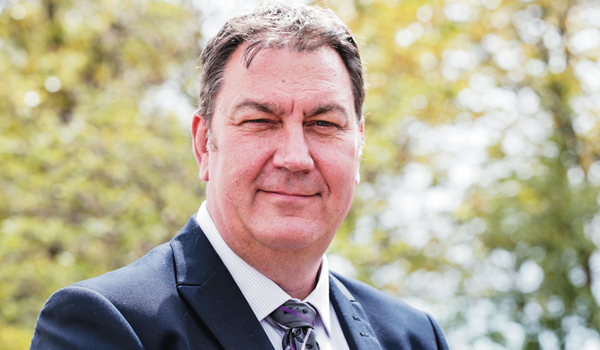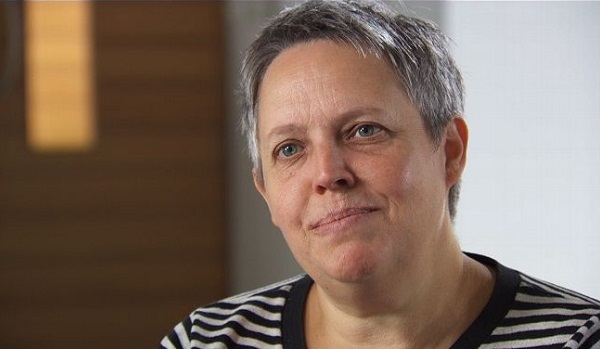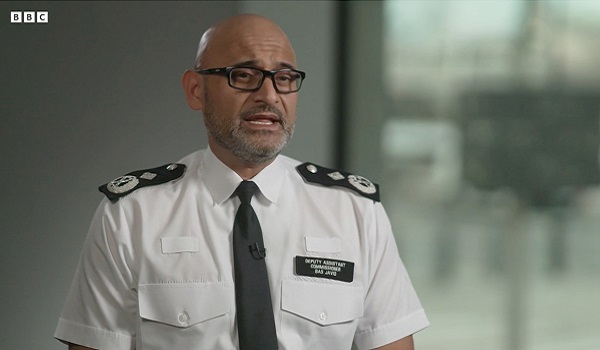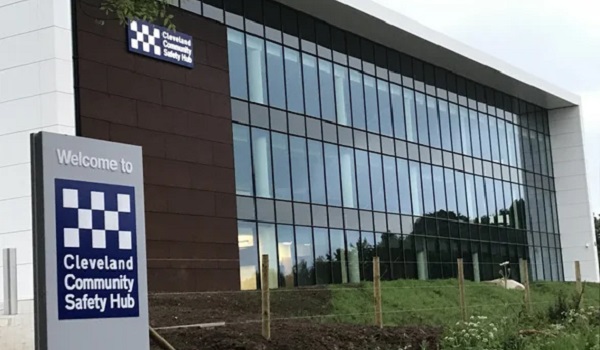Northamptonshire chief reveals mental health struggles
The chief constable of Northamptonshire Police, Nick Adderley, has opened up about his struggles with mental health following the murders of two female officers during his time at Greater Manchester Police (GMP).
In a candid video published on social media, Mr Adderley reveals that the incident left him “unable to get out of bed for more than a week”, feeling worthless and even led to him contemplating resignation from the force. His issues were resolved only after speaking to a colleague who suggested he seek professional help.
Mr Adderley was a divisional commander at GMP in September 2012 when two officers on routine patrol, Fiona Bone, 32, and Nicola Hughes, 23, were sent to Abbey Gardens in the village of Mottram in Longdendale following a report of a burglary.
The call had been made by Dale Cregan who wanted to deliberately lure officers to his address. As soon as the pair arrived, they came under attack with 32 gunshots being fired from a Glock pistol within 31 seconds, and one M75 hand grenade being used. One officer died at the scene while the other was badly wounded and died later in hospital.
Mr Adderley knew both officers well and struggled especially with the aftermath of their murders and organising two funerals, one after the other.
“Never for one second did I ever think that I would suffer from mental health,” he said. “I thought I was invincible. I’m 6ft 4in, 16-and-a-half stone, keep myself very, very fit. I’m ex-forces and have been in the police for lots of lots of years.
“But it just hit me one day, one day when I just I literally could not get out of bed. And I remember thinking that the police always say that they’ve got a plan. And in particular, I’m the one who has always got the plan. And then suddenly, no plan.
“The best way to describe it is that there was just this constant fog in your head and a knot in your stomach every single day, every waking hour, from the moment I opened my eyes in the morning to the moment that I shut them again in the evening. I thought at any time I was going to be sick. I couldn’t get out of bed for a week.
“You want to feel better and you try you tell yourself to feel better. You tell yourself that you do have a purpose – I’m a father to two children – you think ‘I’ve got everything to live for’. But no matter how many times you tell yourself that, you just can’t believe it.
“I remember somebody actually saying to me, you got to separate the emotional from the rational. Well, that’s easier said than done when you’re living it. And I was living every day for months and months.
“And it wasn’t until I sought professional help that I actually realised that those feelings were actually quite normal. And that I was suffering not only from mental exhaustion, but mental health issues where I couldn’t see light at the end of the tunnel. Where you think that there was no hope.
“I didn’t recognise it myself – it was actually a senior colleague of mine, who I went and sat with. The fact that I was able to speak with him to tell him how I was feeling allowed him then to say you need professional help. You think you should be able to sort this out after everything that you’ve seen and experienced in your life, but it’s not possible when it gets to that stage, you do need an actual intervention.
“So I went to see a professional. Trying to make sense of life again, about the fact that people do need you and love you and care for you – I would never have reached that point on my own.
“That was through talking and that’s what I’m encouraging other people to do. Share it, share it with a trusted colleague, share it with a friend, share it with somebody that you know is going to listen not judge. The last thing that anybody wants to hear when you’re in that situation is you need to get a grip.
“I think about Nicola and Fiona every day. They are never out of my thoughts. The difference is having the coping mechanisms to be able to deal with that I am better at coping with it than I ever was.”


